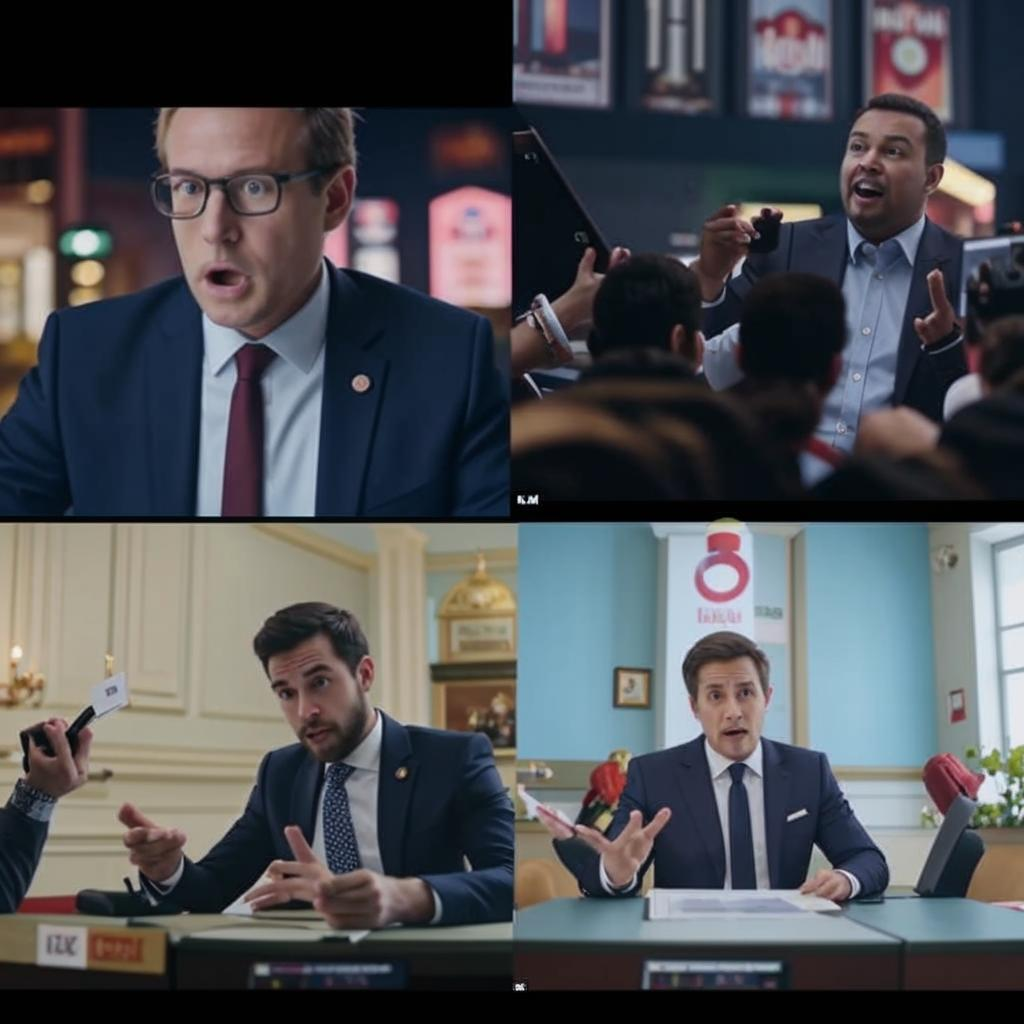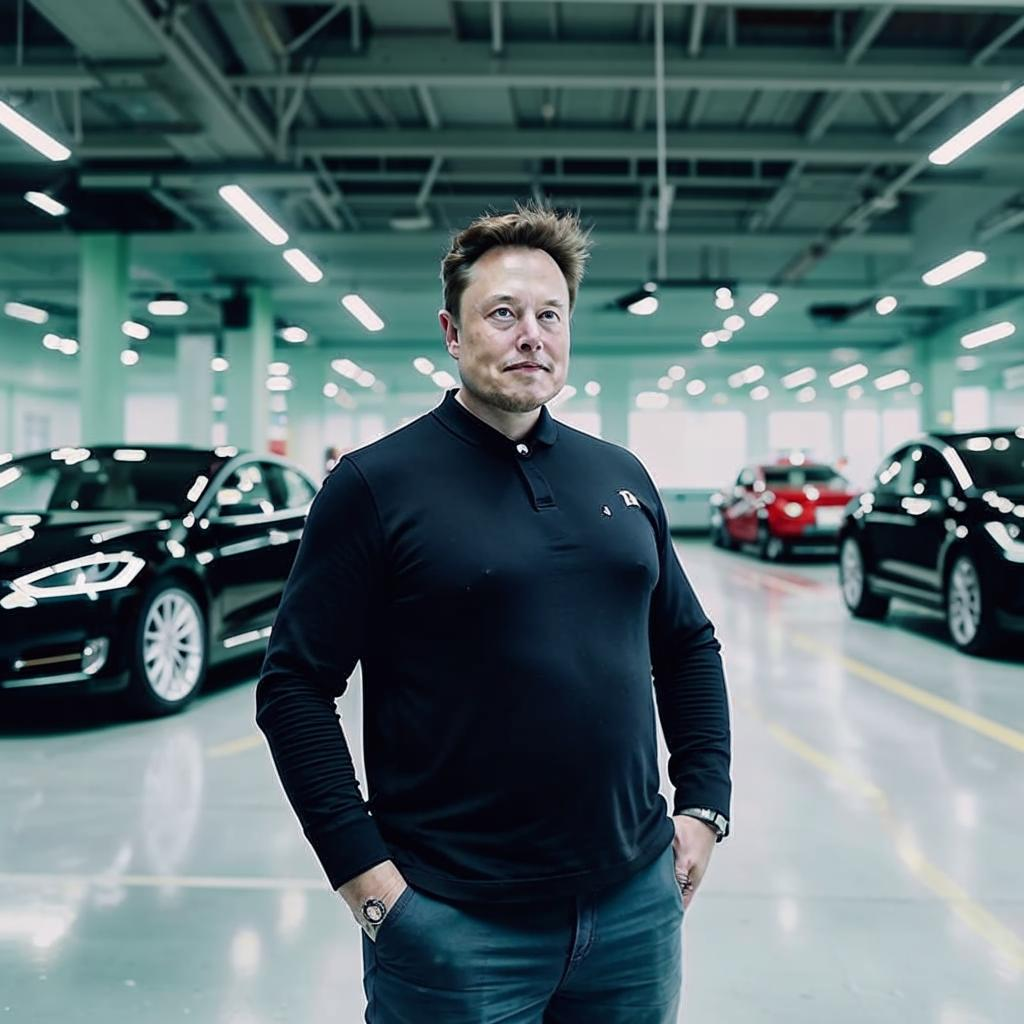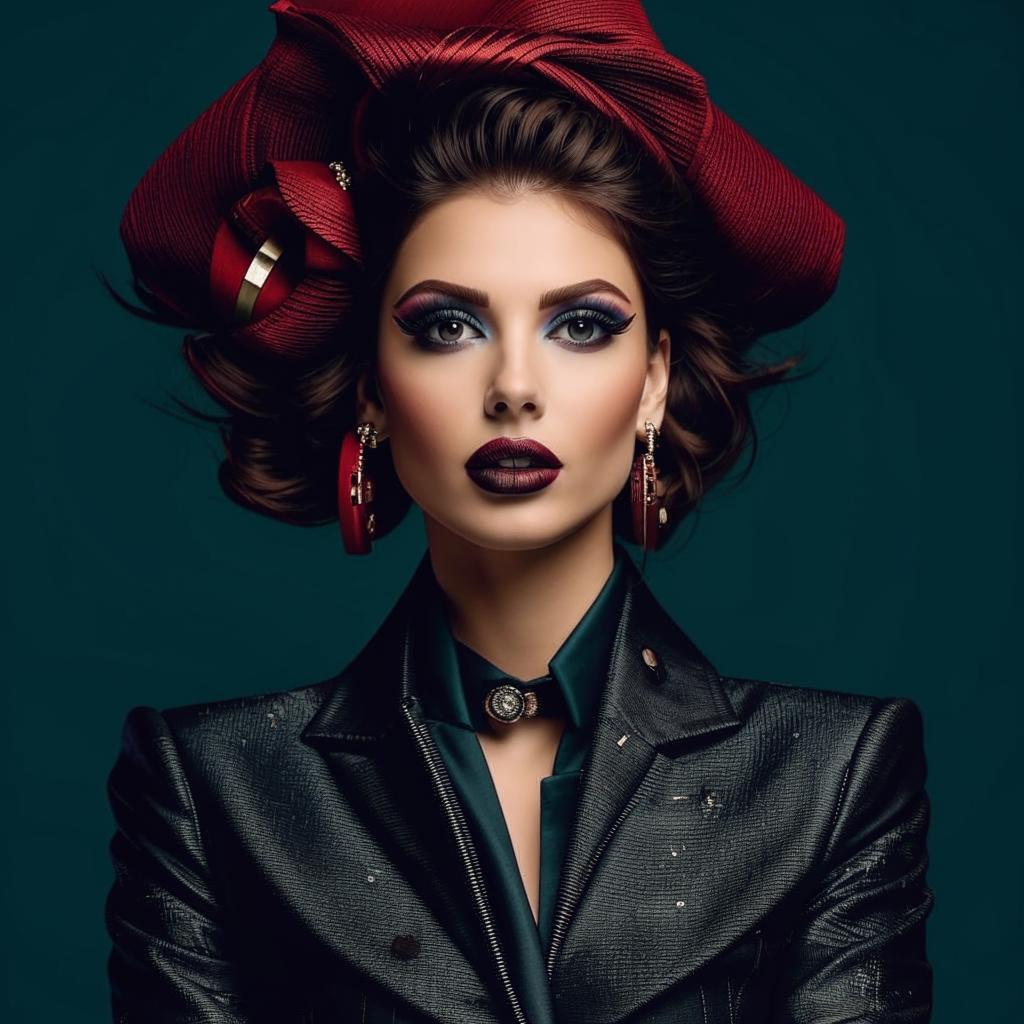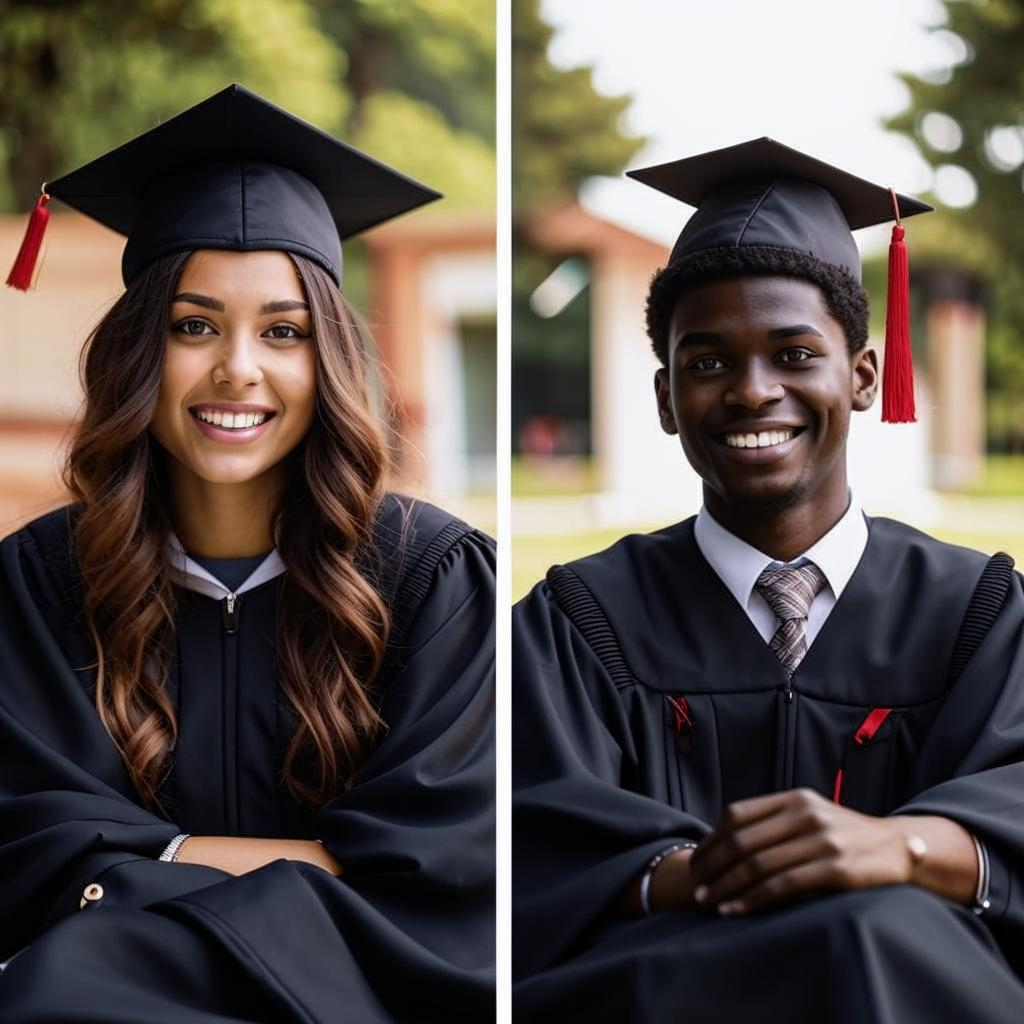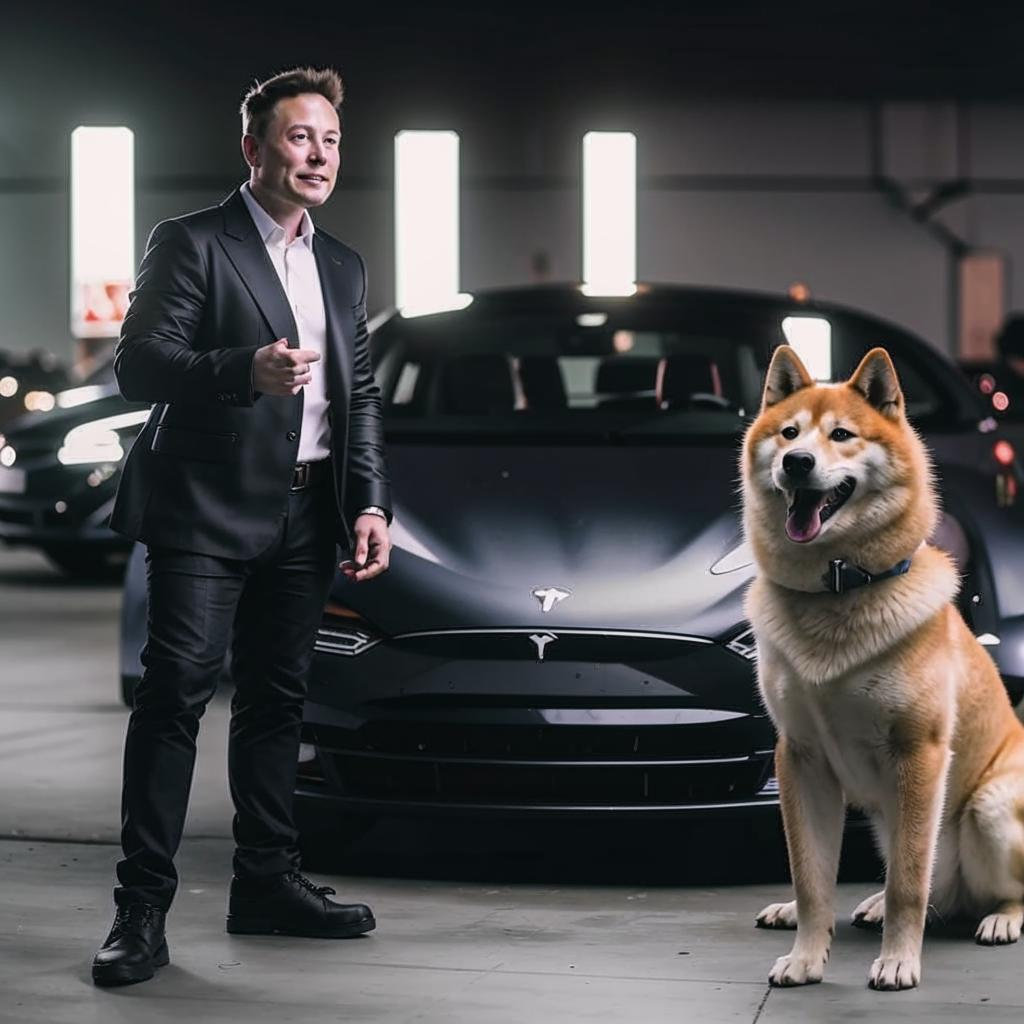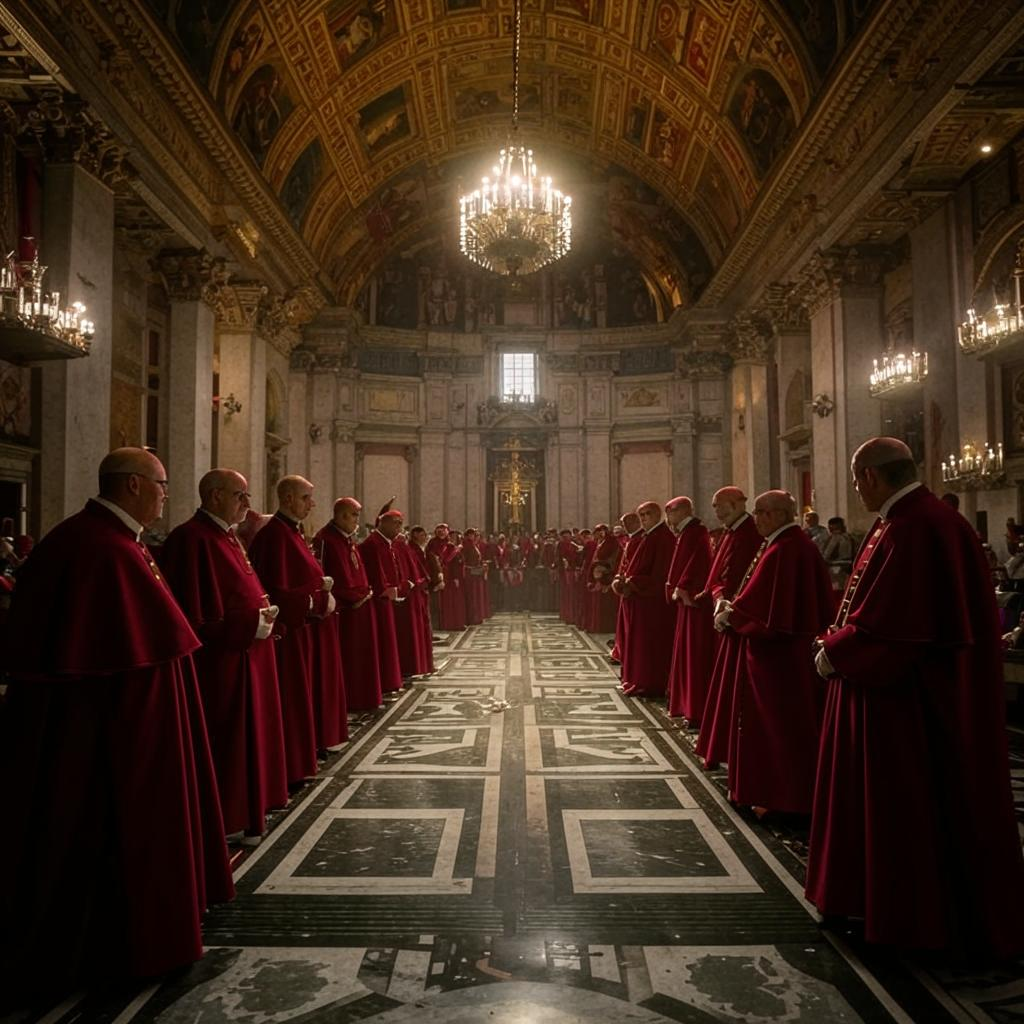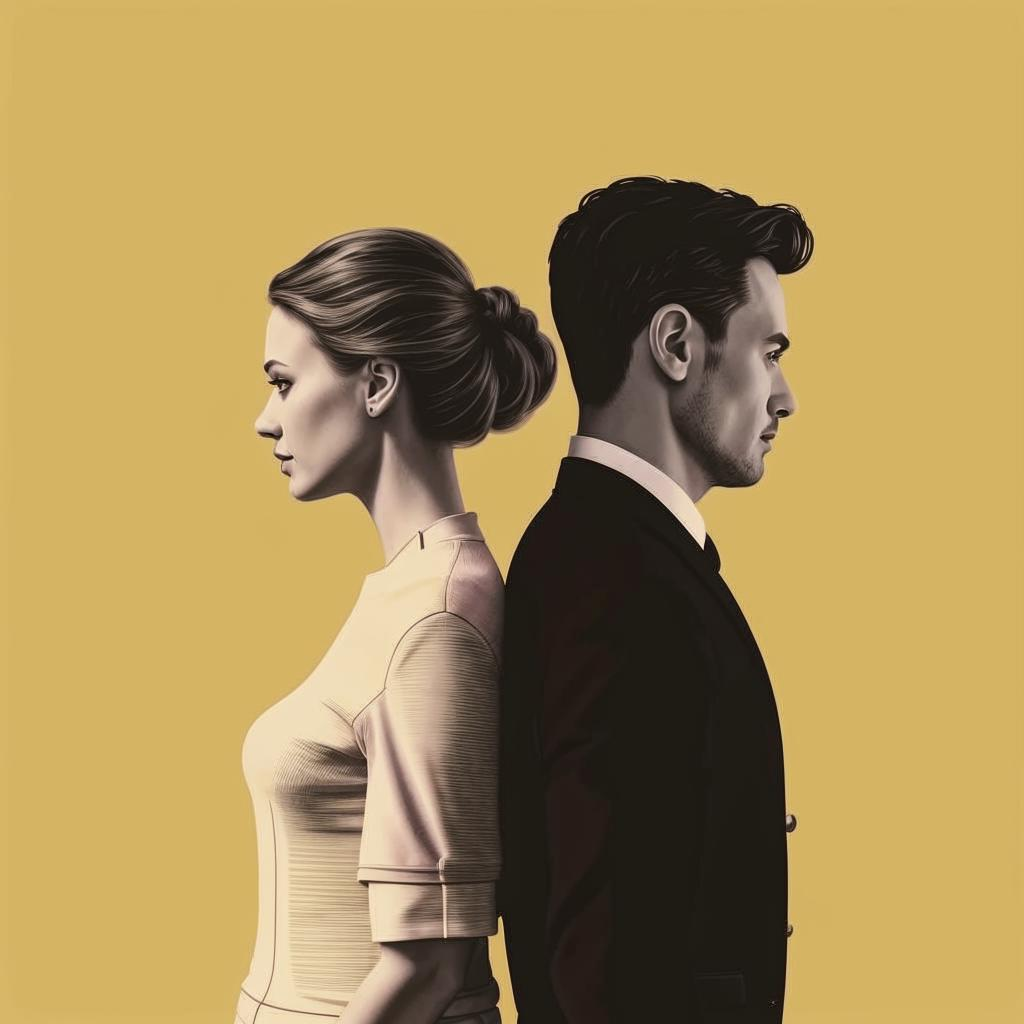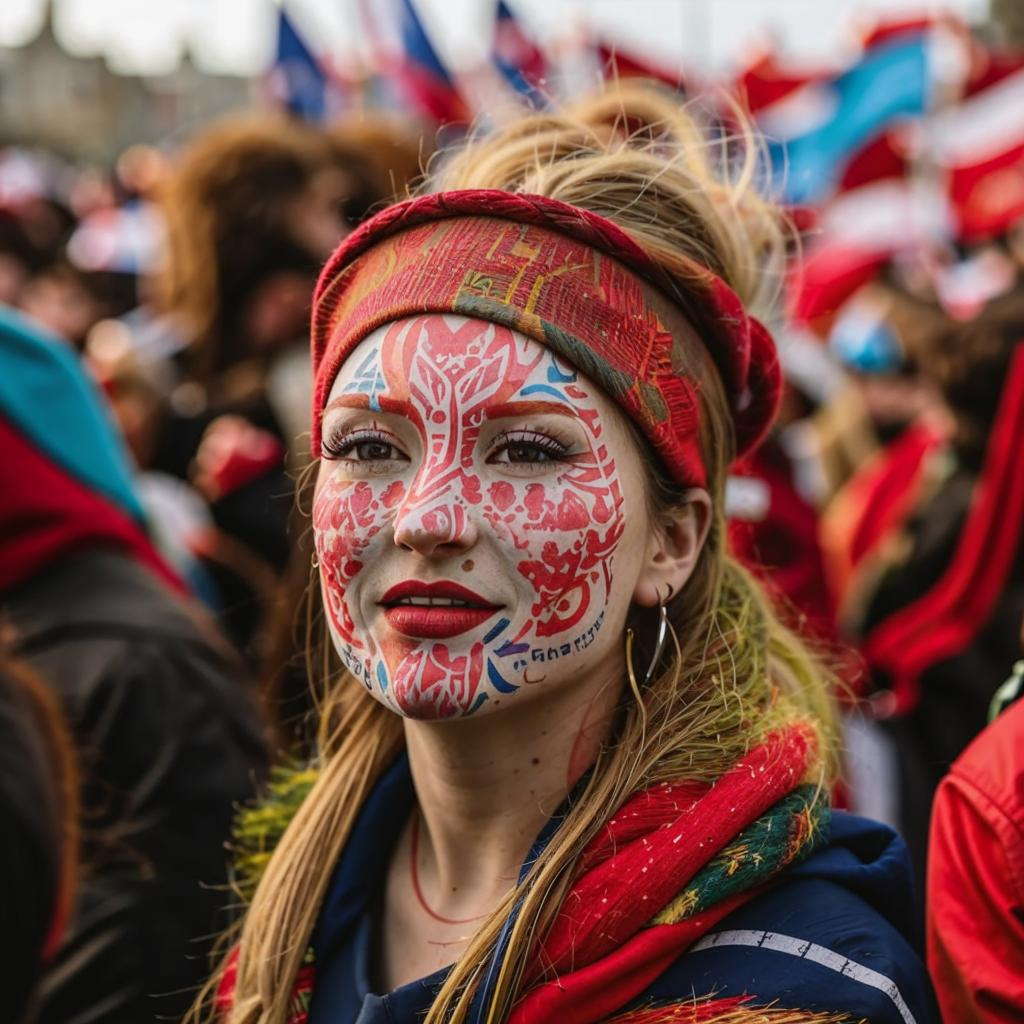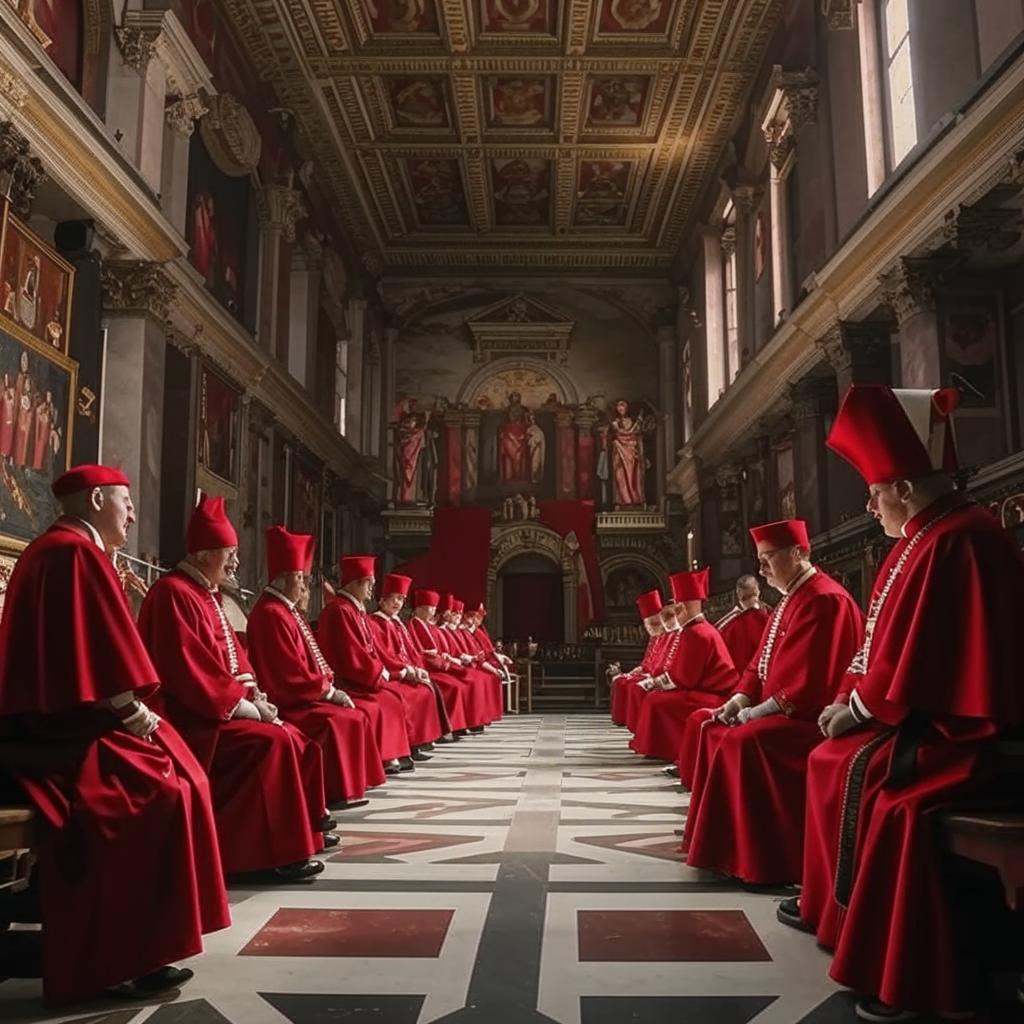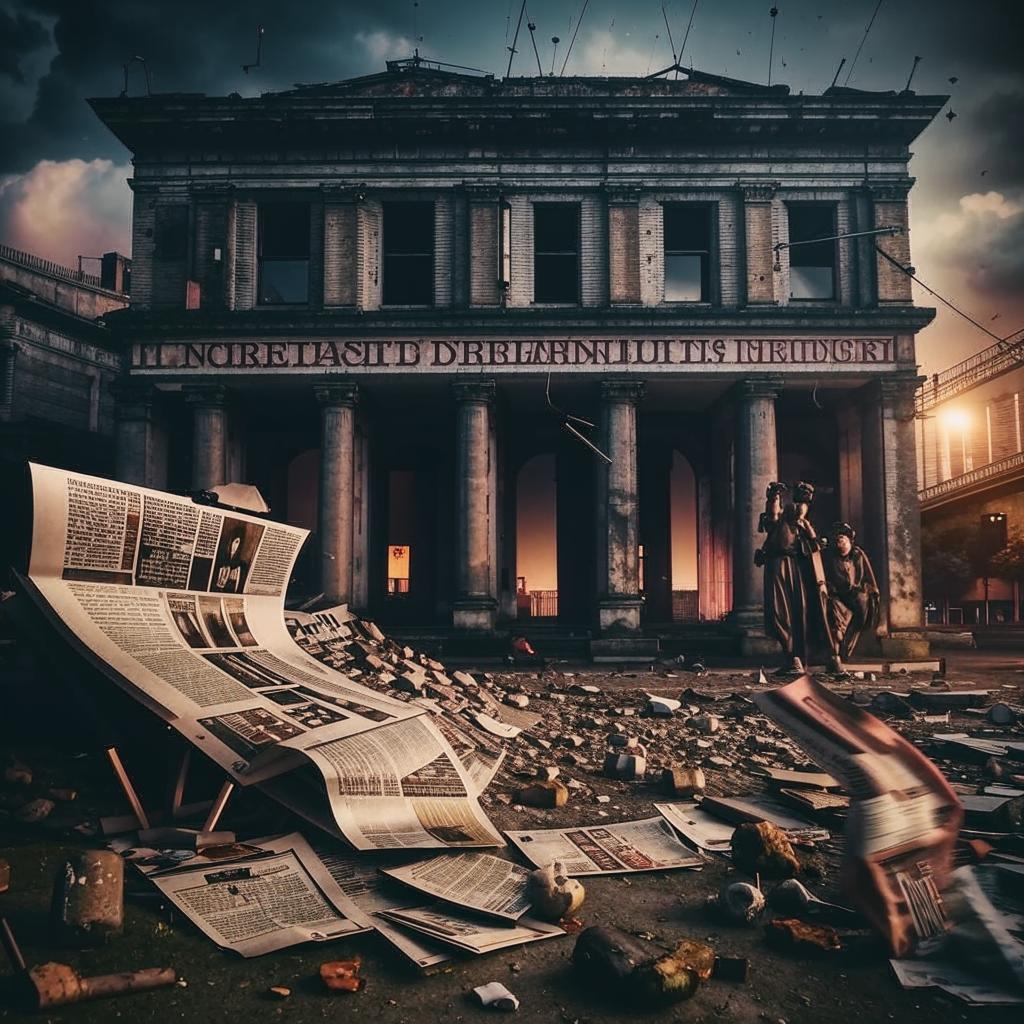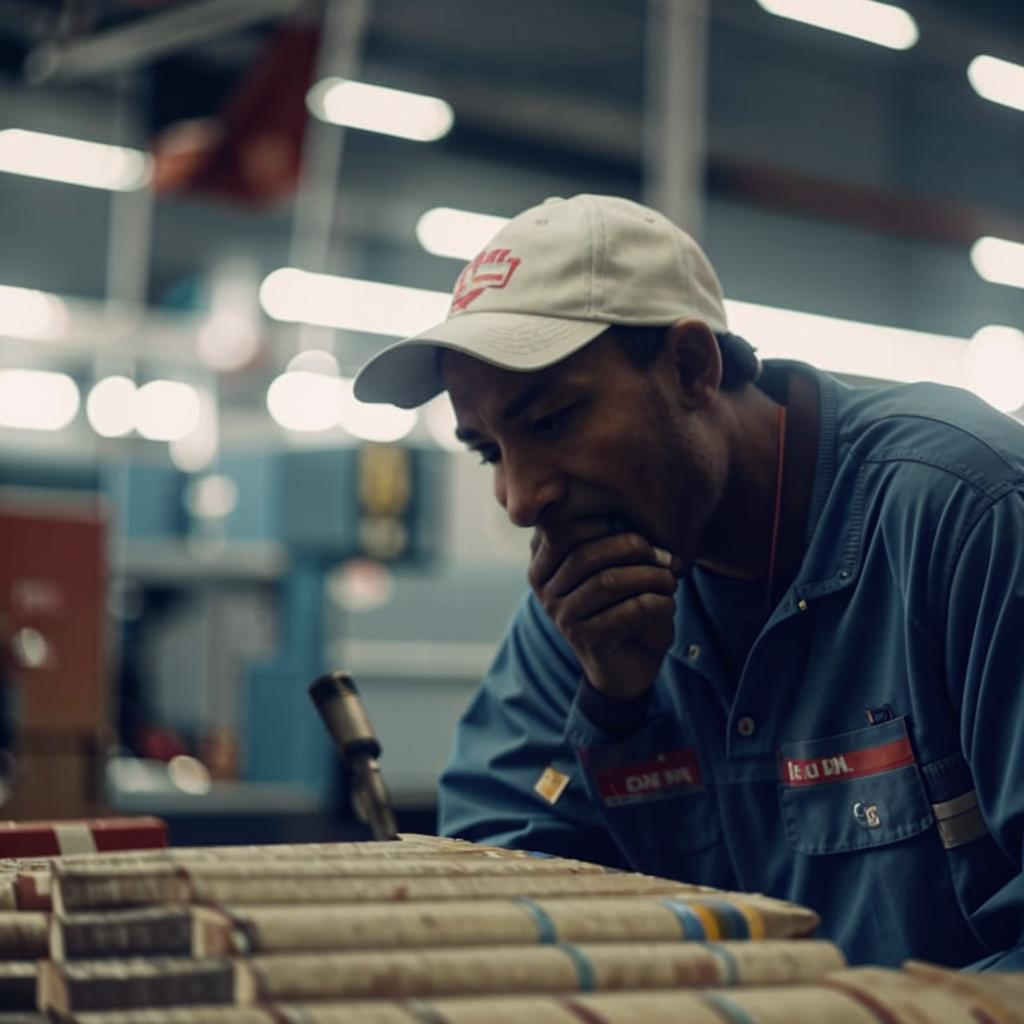The lines between political messaging and entertainment storylines are blurring, as “reality” gains increasing influence. Gone are the days when politicians dictated the narrative; now, viral moments, social media trends, and direct audience feedback significantly shape political discourse. Similarly, in entertainment, studios are increasingly sensitive to audience reactions, altering plots and character arcs based on online sentiment.
This shift has profound implications. In politics, it can lead to greater responsiveness to public concerns, but also to a susceptibility to misinformation and fleeting trends. Consider the impact of viral videos on election campaigns, or the way politicians now engage directly with constituents on platforms like TikTok.
In entertainment, audience influence can lead to more inclusive and representative storytelling, or to creatively bankrupt franchises pandering to the loudest voices. Think of shows that have backtracked on plot decisions due to fan outcry, or movies that have been significantly re-edited after poor test screenings.
The rise of reality TV, the increasing prominence of social media influencers, and the constant feedback loop between creators and audiences have created a new landscape where “reality” is not just observed, but actively shapes the stories we tell ourselves and the decisions we make. This trend, while potentially democratizing, also carries risks, demanding a critical and discerning approach from both content creators and consumers. The future of both politics and entertainment hinges on navigating this evolving dynamic.
